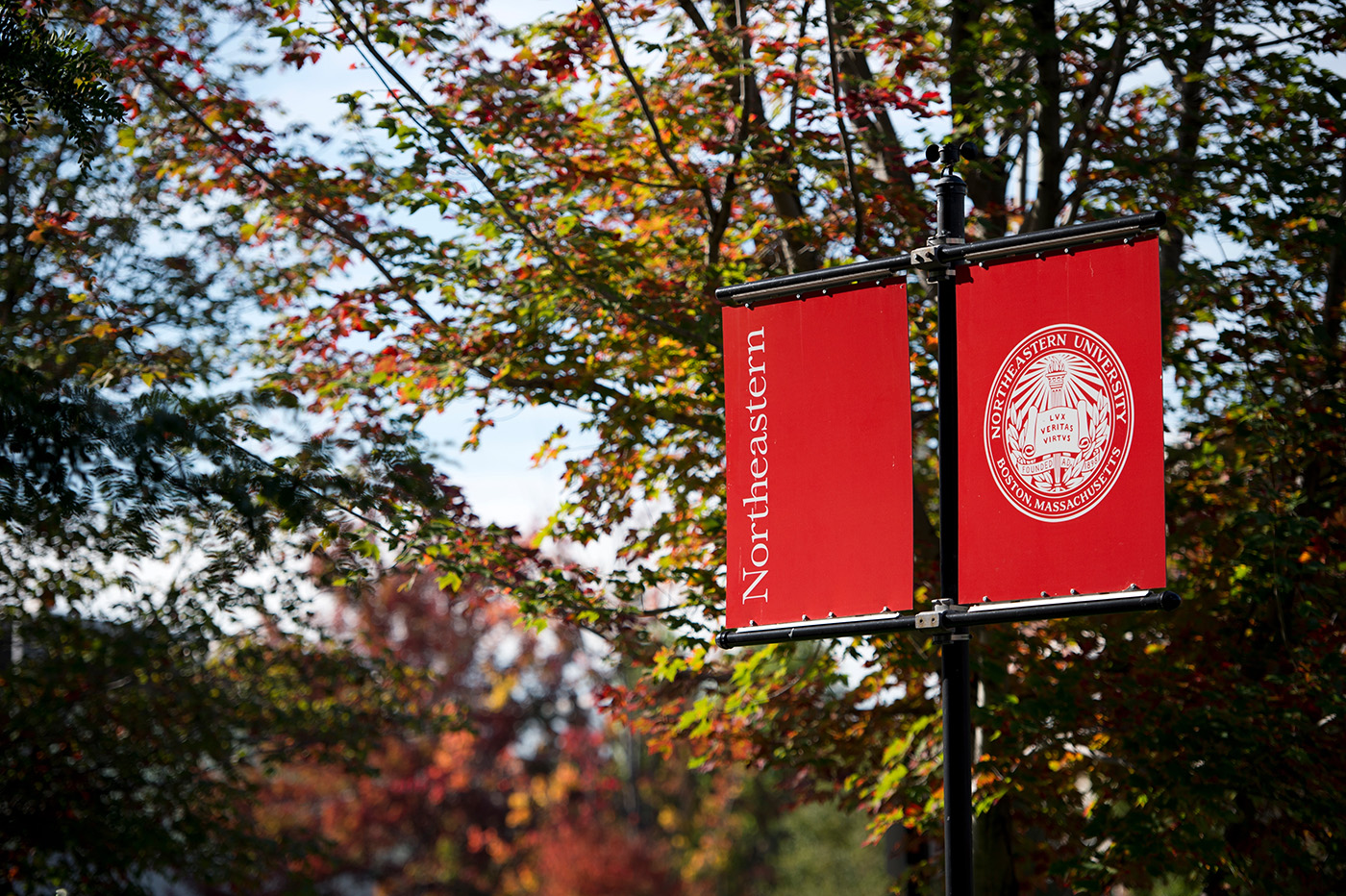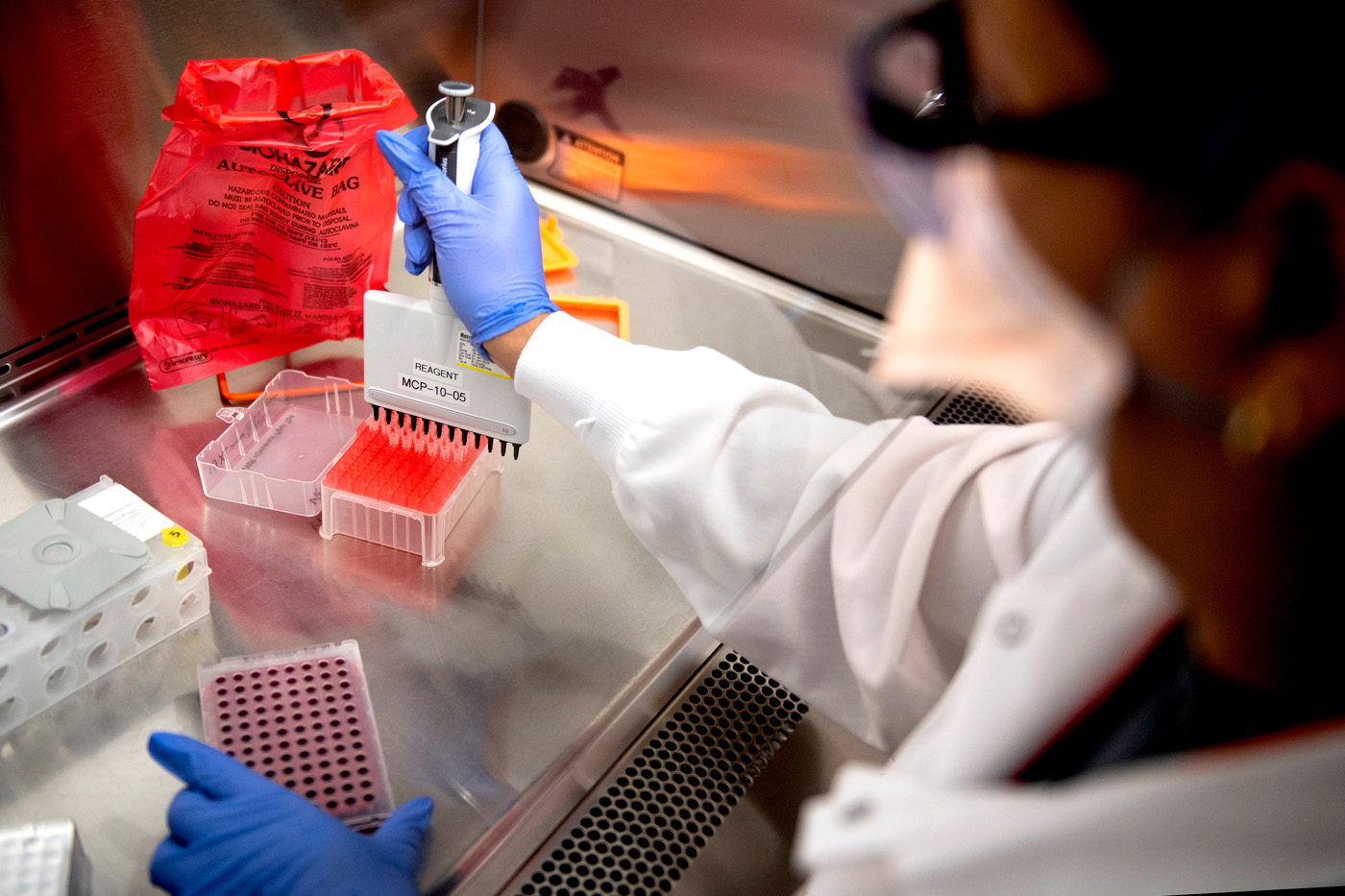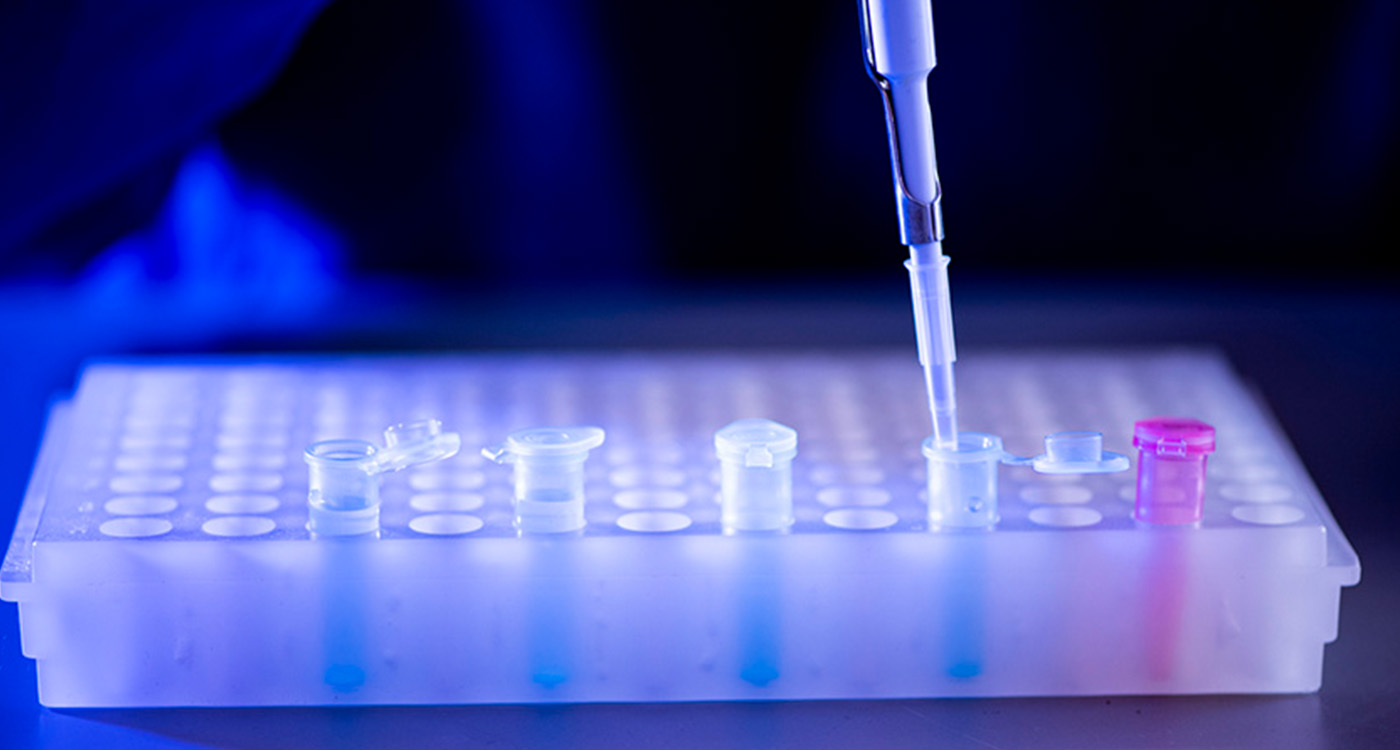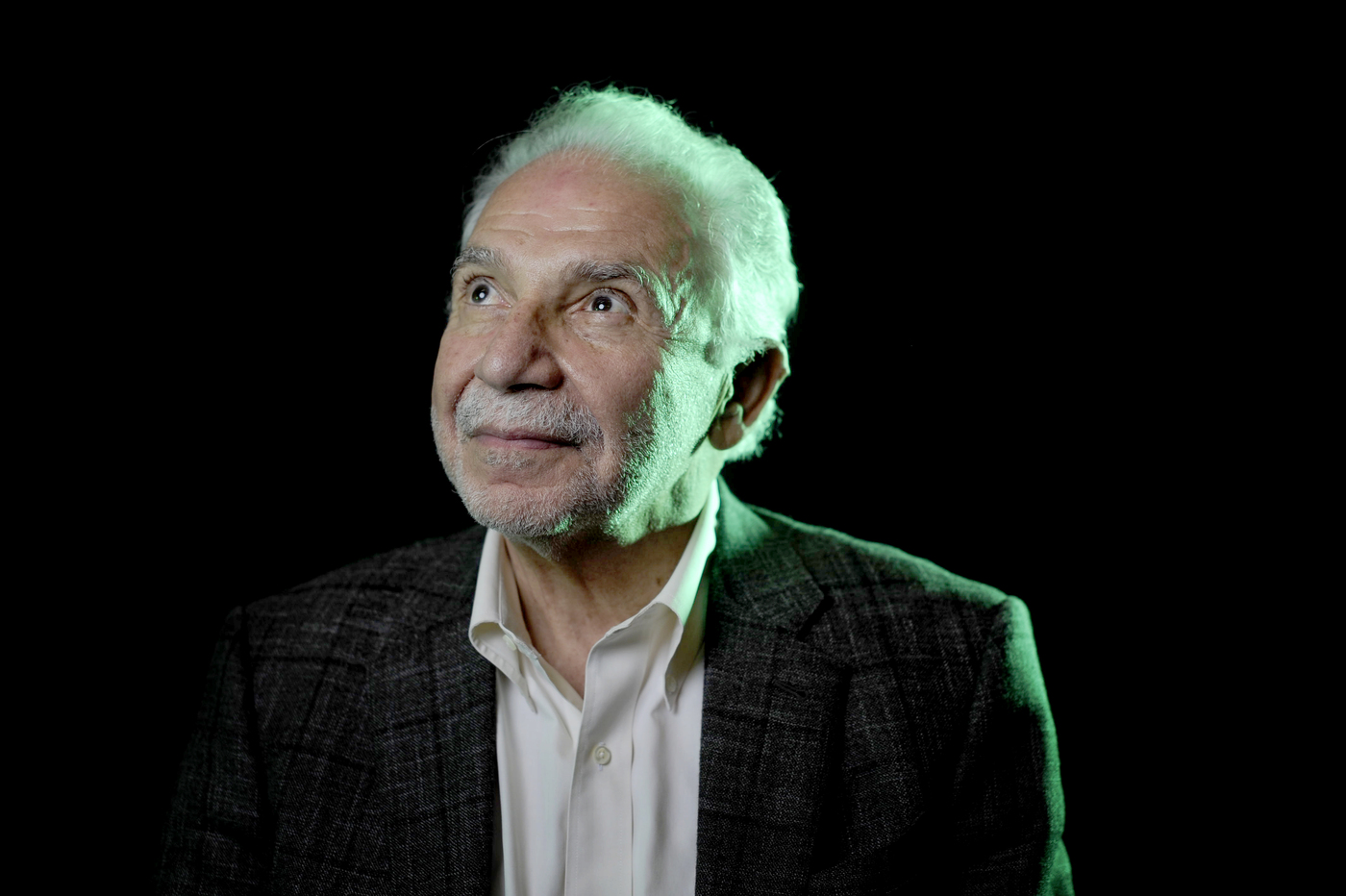Biotechnology
The world is counting on us.
Biotechnology is considered an explosive and new industrial frontier. Yet we’ve been practicing it for as long as we’ve been baking bread and enjoying cheese and beer.
Today, we continue to capitalize on nature’s toolbox to enrich our lives, whether we are harnessing cellular processes to create life-saving vaccines, using biofuels to rescue our planet, or solving hunger with enhanced food nutrients.
Recent biotechnological advances are addressing our world’s most pressing challenges and every day, scientists come closer to even more breakthroughs that help us to live longer and healthier lives.
Our interdisciplinary program combines advanced training in biology, chemistry, chemical engineering, and pharmaceutical sciences with critical business skills to bring you to the forefront of discovery and innovation and accelerate your career. Our skill-based, stackable, credentials create problem solvers and critical thinkers.
- Agricultural Biotechnology
- Biodefense
- Biopharmaceutical Technologies and Analytics
- Biotechnology Operations
14% expected national growth in graduate-level biotech job postings by 2022 (US Bureau of Labor Statistics).
14% expected national growth in graduate-level biotech job postings by 2022 (US Bureau of Labor Statistics).
Learn more about graduate certificates.
Capitalize on the explosive growth and career opportunities in this field. In just one year, you can earn your master’s degree through this uniquely Northeastern, intensive, work-based, experience-driven program.
Faculty and Support Staff
Jared Auclair
Diversity & Inclusion
The College of Science supports a culture where each person feels they belong, regardless of race, color, religion, religious creed, genetic information, sex, gender, gender identity, sexual orientation, age, national origin, ancestry, veteran or disability status. We celebrate the diversity of our community, and we seek to expand representation to further excellence. We commit to be a College where members act with respect, trust, collaboration, and communication, and where inappropriate behavior is reported and acted on without fear of retaliation.

Introduces selected key skills and techniques central to life sciences research. Laboratory exercises highlight the importance of precision/accuracy in dispensation of liquids and in the preparation of solutions and standards, documentation and record keeping, and maintaining a safe and sterile work environment while performing scientific research.
Introduces the uses of molecular biology in a biotechnology setting, including state-of-the-art molecular biology applications such as: stability and expression of cloned gene products, gene cloning strategies, transgenic species, mutation creation and analysis, DNA fingerprinting, PCR technology, microarray technology, gene probes, gene targeting, gene therapy, stem cell technology, antisense RNA, CAR T-cell therapy, RNA interference, and CRISPR/Cas9.
Presents a laboratory course in biotechnology with a focus on cutting-edge instrumentation that is currently used in the field. Directs special attention at the practical aspects of laboratory work in this field, for example, techniques in sample preparation, procedures for protein analysis, and new bioinformatic approaches. Focuses on the emerging field of chemiproteomics, which is the study of the interaction of small molecules with the proteome, that is, the full complement of proteins expressed in an individual cell or organism. Exposes the student to hands-on experience with modern instrumentation, such as mass spectrometry and high performance liquid chromatography.
Prerequisite Courses for MS in Biotechnology
Applicants are required to have completed at least one undergraduate-level course in biochemistry, organic chemistry, and advanced biology (e.g., molecular biology, genetics, advanced physiology). It is also highly recommended that applicants complete at least one course in college-level calculus and one course in statistics.
Learn more
eBook: Advancing Your Career in the Biotechnology Industry
As the industry continues to grow and evolve, there is a rising demand for skilled professionals who can not only develop these technologies but bring them to market on a global scale. In this free guide, learn more about the biotechnology careers shaping our future, the skills biotechnology employers are looking for in potential employees, and more.
Download the eBook
Events
News











